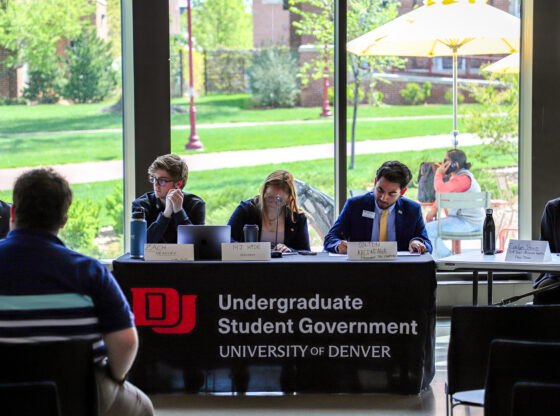Understanding the Republicans’ newly crafted tax plan is not a particularly enjoyable endeavor, nor is it something many college students feel inclined to do. A tax break for large corporations intended to stimulate business is not a surprise coming from this Congress, and rolling our eyes, muttering about how trickle-down economics hasn’t worked before and perhaps giving a Congressperson a call is all that we seem able to do. But college students may want to focus their attention on a more specific part of the plan, one that has to do quite a lot with us, and that is the planned cut of the student loan interest deduction and changes in tax credits. Not fun, but keep reading.
“Money,” a website published by Time, outlined the changes that students could see with the new plan. On the deduction side, the plan would eliminate the student loan interest deduction which currently allows students to deduct some interest paid on student loans from their tax amount. The benefit from this deduction is on average only a few hundred dollars, but as every student knows, those dollars mean a lot. The credit side of things is more valuable because it reduces the actual tax amount, but it would be less valuable under the plan. The Lifetime Learning credit and the Hope Scholarship credit would be repealed—right now, the Lifetime Learning credit is an important one because it can be claimed for any number of years. The tax plan would instead extend the American Opportunity Tax Credit for another year (to five years).
Students need all the help they can get when it comes to student loan payment and the cost of higher education in general. Research from Pew has confirmed what we already know—college is outlandishly expensive, students owe huge amounts in loans and having loans makes financial difficulty more likely. The policymakers who proposed the changes to credits and the elimination of the deductible don’t seem to grasp this. Five years of a tax credit can see a student through their undergraduate studies, but those wanting advanced degrees or more years of education would be out of luck. Pursuing a graduate or professional degree is already hard enough financially, and limiting years able to use the credit won’t help. Getting rid of the deduction will also hurt—even though the dollar benefit is not huge, taking away the deductible increases the amount of income that can be taxed which will make money even tighter.
A tax plan that takes already meager support away from students and gives huge breaks to corporations needs to get its priorities straight. Proponents argue that cutting credits is estimated to bring in 17.3 billion dollars in revenue, but that is small compared to what higher taxes on corporations and the wealthy could do. As the bill gets revised by Congress before potentially going to the president, college students must make sure that our representatives speak up for those of us benefitting from tax credits and loan interest deductibles. It should be obvious that financing tax breaks for the wealthy by scraping in some more revenue from students is not at all a good idea. Instead, supporting students in paying for education and paying off loans more quickly should be a focus—less burden from these costs will lead to more financial success in the future, helping strengthen the economy in the way that members of Congress wanted in the first place.











